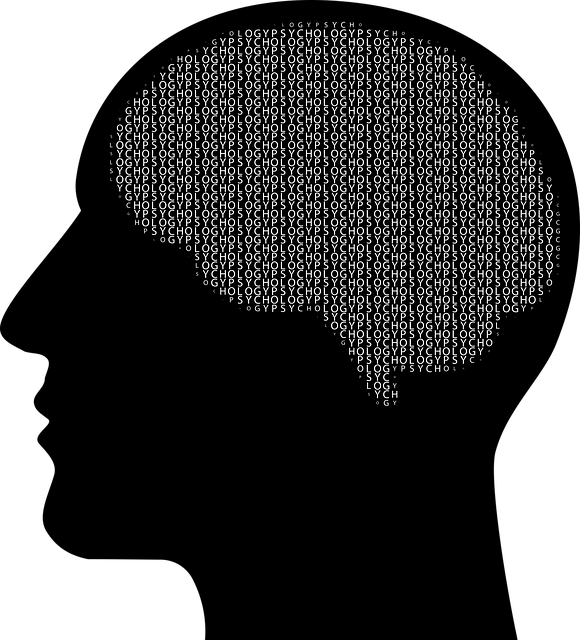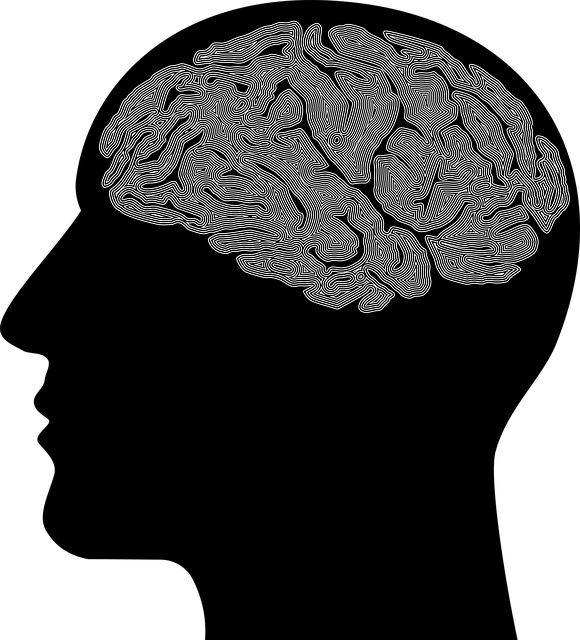The Denver Acceptance and Commitment Therapy (ACT) Framework is a proven method for boosting resilience and well-being, educating individuals on accepting thoughts and emotions while fostering mental flexibility. Organizations can leverage ACT through public awareness campaigns and stress management workshops. Resilience building exercises, using the RFM framework, empower individuals to navigate adversity and improve their mental health. Effective programs require engaging curricula tailored for diverse learning styles, combining theory with practice. Customizing strategies for diverse populations normalizes resilience through group discussions and practical exercises like Social Skills Training and Conflict Resolution. Measuring success involves risk assessment, client outcome reviews, and qualitative feedback, ensuring tailored care and enhancing the resilience of Denver's mental health ecosystem.
Resilience is a key factor in navigating life’s challenges, making Denver Acceptance and Commitment Therapy (ACT) Framework an invaluable tool. This article explores how Resilience Flexibility Model (RFM) underpins effective resilience-building exercises. We’ll delve into designing tailored training programs, practical implementation strategies for real-world settings, and measurement techniques to ensure success. By understanding the RFM, individuals can enhance their ability to embrace life’s uncertainties with greater flexibility and commitment.
- Understanding Denver Acceptance and Commitment Therapy (ACT) Framework
- The Role of RFM in Resilience Building Exercises
- Designing Effective Resilience Training Programs
- Implementation Strategies for Real-World Application
- Measuring Success and Continuous Improvement
Understanding Denver Acceptance and Commitment Therapy (ACT) Framework

The Denver Acceptance and Commitment Therapy (ACT) Framework offers a powerful approach to fostering resilience and enhancing well-being. This therapeutic model encourages individuals to develop a deep understanding of their thoughts, emotions, and behaviors, promoting a more mindful and engaged life. ACT emphasizes acceptance as a cornerstone, teaching people to observe and accept their internal experiences without judgment, which is crucial for building mental flexibility.
By integrating this framework, organizations can facilitate self-care practices that empower individuals to manage stress effectively. Public Awareness Campaigns Development can play a significant role in disseminating knowledge about ACT, highlighting its benefits in various aspects of life, including personal growth and professional success. Moreover, Stress Management Workshops Organization can provide practical tools and techniques based on ACT principles, enabling participants to cultivate resilience and lead more fulfilling lives.
The Role of RFM in Resilience Building Exercises

Resilience building exercises play a pivotal role in fostering mental wellness and adaptability, especially in challenging environments. In Denver, where Acceptance and Commitment Therapy (ACT) is widely practiced, RFM—a powerful framework—is often integrated into these exercises. RFM stands for Resources, Factors, and Goals, each representing a crucial aspect of resilience.
By identifying personal resources, individuals can tap into their inner strength and cope with stressors more effectively. Understanding the factors that contribute to stress or adversity allows for the development of targeted strategies, such as Empathy Building Strategies and Stress Reduction Methods. Setting meaningful goals provides a sense of direction and purpose, encouraging individuals to persevere through challenges, ultimately enhancing their mental wellness and overall resilience.
Designing Effective Resilience Training Programs

Designing Effective Resilience Training Programs involves creating structured, engaging, and evidence-based curricula that cater to diverse learning styles. At the heart of a successful program lies a balance between theoretical knowledge and practical application. In Denver, Acceptance and Commitment Therapy (ACT) has proven effective in building resilience by teaching individuals to accept distressing emotions while pursuing valued actions despite challenges. This approach encourages mindfulness, self-awareness, and flexible thinking—essential coping skills for navigating life’s adversities.
A comprehensive program should include risk assessment components tailored for mental health professionals to ensure participant safety and well-being. Integrating community outreach program implementation strategies can enhance the impact by fostering a sense of belonging and social support. By combining these elements, resilience training becomes a transformative experience that empowers individuals to embrace challenges as opportunities for growth and self-discovery.
Implementation Strategies for Real-World Application

When implementing RFM (Resilience, Flexibility, and Mastery) exercises for real-world application, especially in a setting like Denver Acceptance and Commitment Therapy (ACT) centers, it’s crucial to tailor strategies that cater to diverse populations and needs. The first step involves normalizing the concept of resilience, highlighting its relevance in daily life challenges. This can be achieved through engaging group discussions, where clients share their experiences with stress, adversity, and coping mechanisms. Such open conversations foster a sense of community and provide a safe space for learning from one another.
Subsequently, incorporate practical exercises that blend RFM principles with evidence-based practices like Social Skills Training, Conflict Resolution Techniques, and Communication Strategies. For instance, role-playing scenarios can help individuals rehearse effective communication in high-stress situations. Encouraging feedback and reflection post-exercises reinforces learning and promotes self-awareness—key components of building resilience. Through consistent practice, clients develop the skills needed to navigate life’s challenges with greater flexibility and mastery.
Measuring Success and Continuous Improvement

Measuring success and continuous improvement are pivotal aspects of any robust program focused on resilience building, especially when utilizing methods like Acceptance and Commitment Therapy (ACT) in Denver. To evaluate the effectiveness of RFM exercises, mental health professionals should implement a comprehensive risk assessment and management planning framework. Regularly reviewing client outcomes, comparing them against predefined goals, and collecting qualitative feedback can provide valuable insights. This data-driven approach allows practitioners to identify areas where their programs excel and aspects that need refinement.
For instance, through regular risk assessments, professionals can track changes in clients’ mental health status and adjust self-care routine development strategies accordingly. By fostering an environment of continuous improvement, mental health professionals can enhance the overall quality of care they provide. This not only benefits individual clients but also contributes to a more resilient and supportive ecosystem within the field of mental health services in Denver.
The Denver Acceptance and Commitment Therapy (ACT) Framework offers a powerful approach to building resilience through structured exercises. By integrating RFM (Recency, Frequency, and Monetary value) analysis into these programs, we can design targeted interventions that resonate with individuals’ unique experiences. Effective implementation strategies, coupled with robust measurement techniques, ensure these programs adapt to real-world challenges while fostering continuous improvement. Embracing this holistic approach empowers individuals to navigate life’s uncertainties with enhanced resilience.














